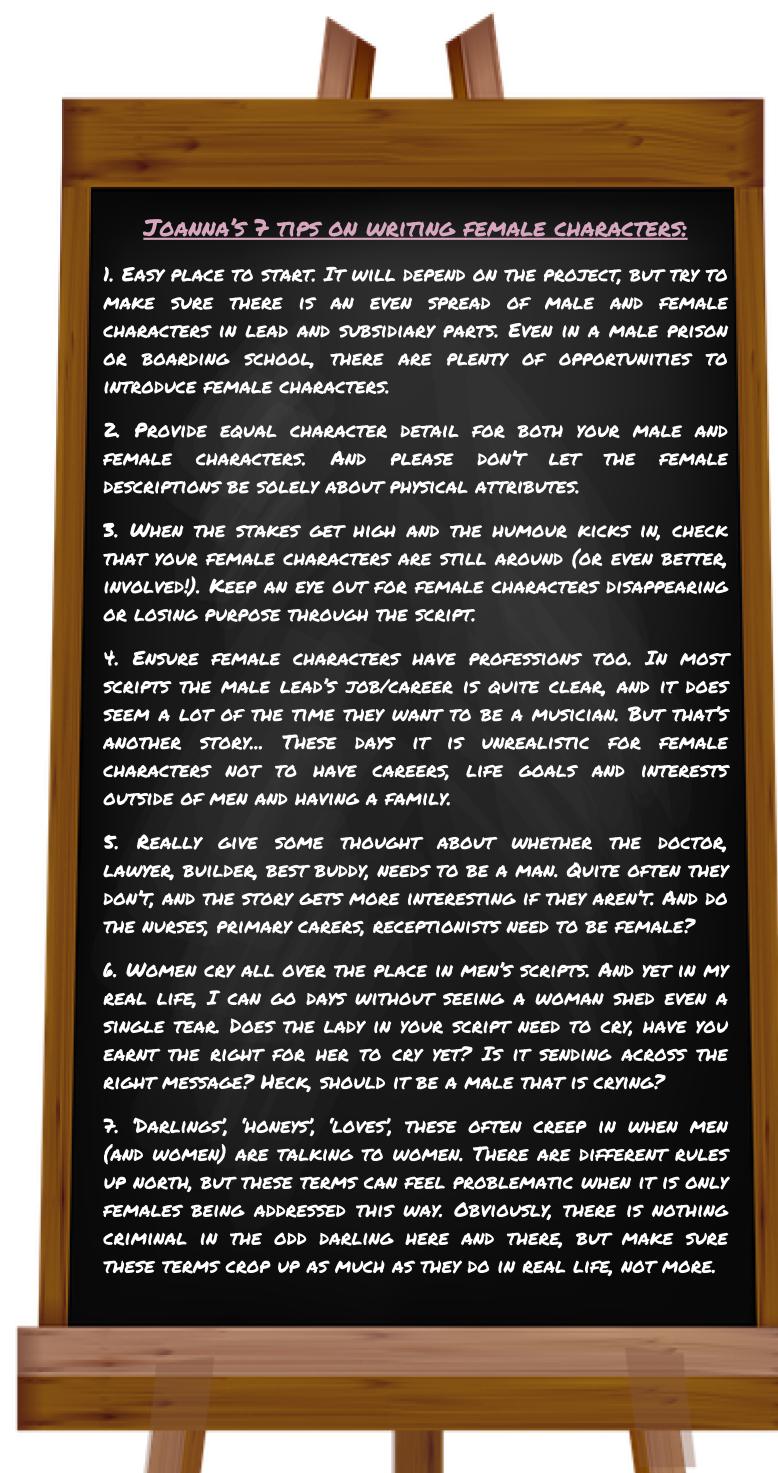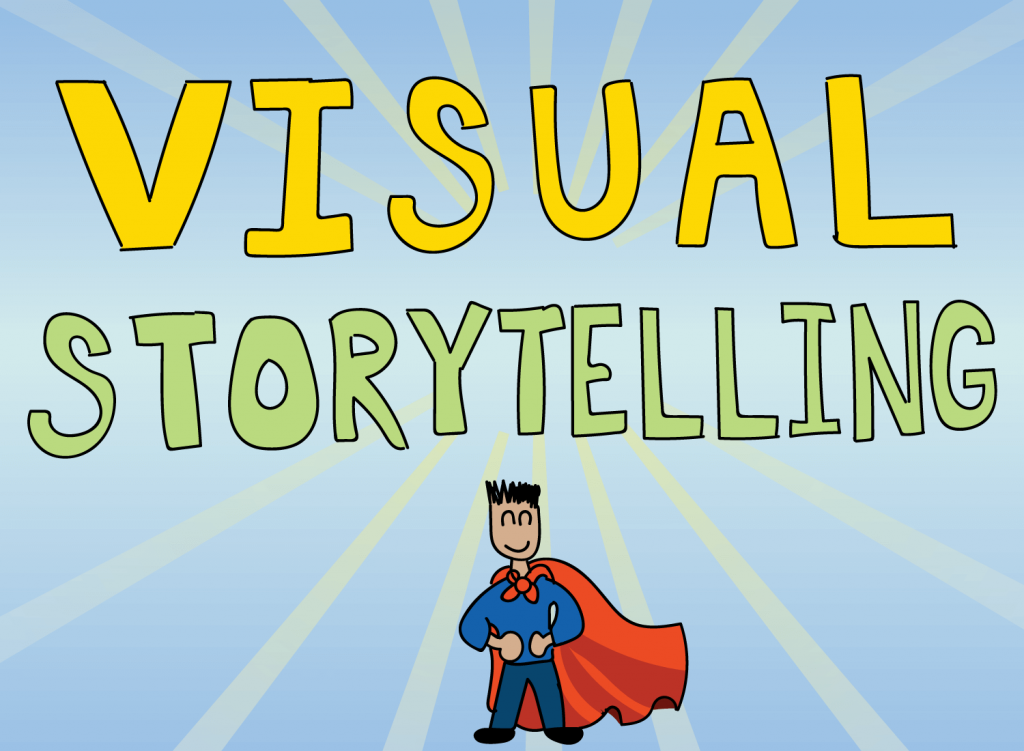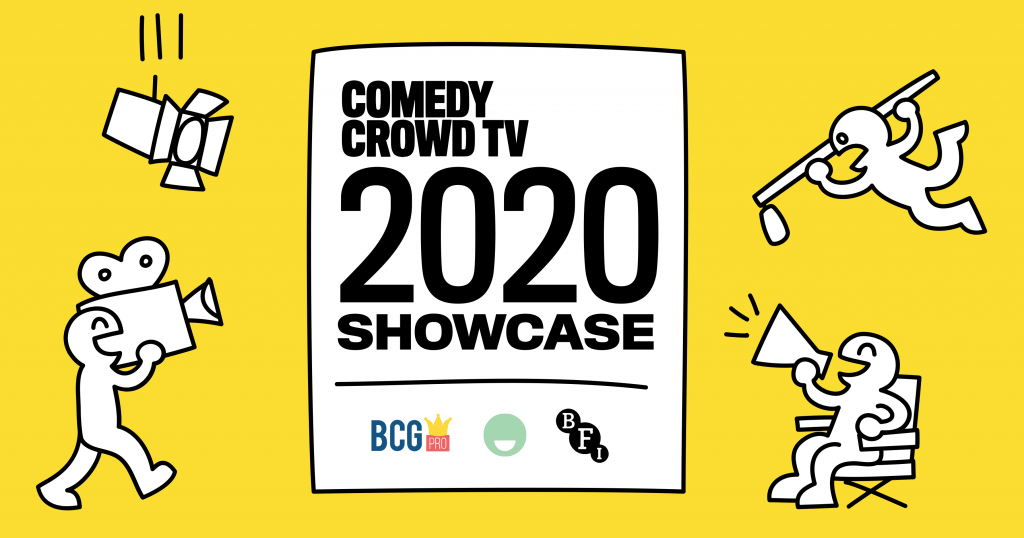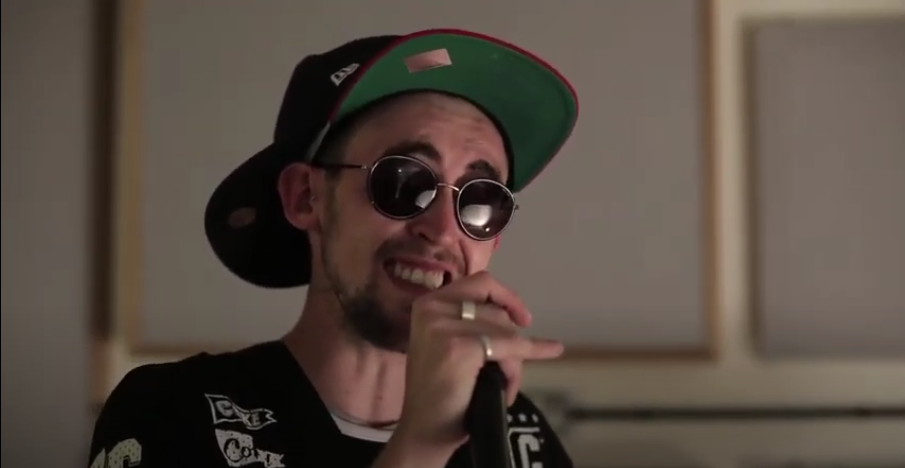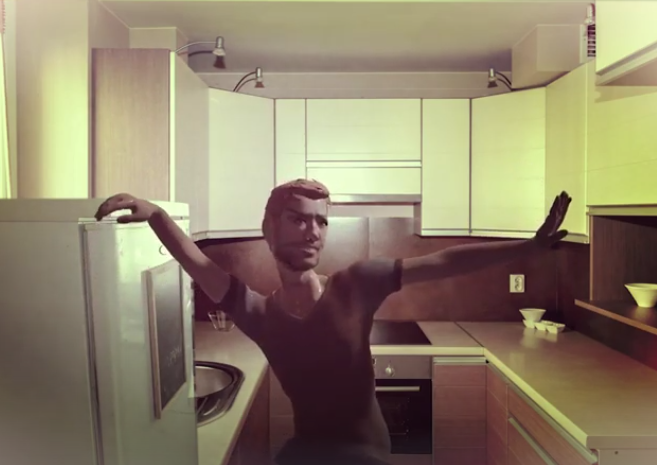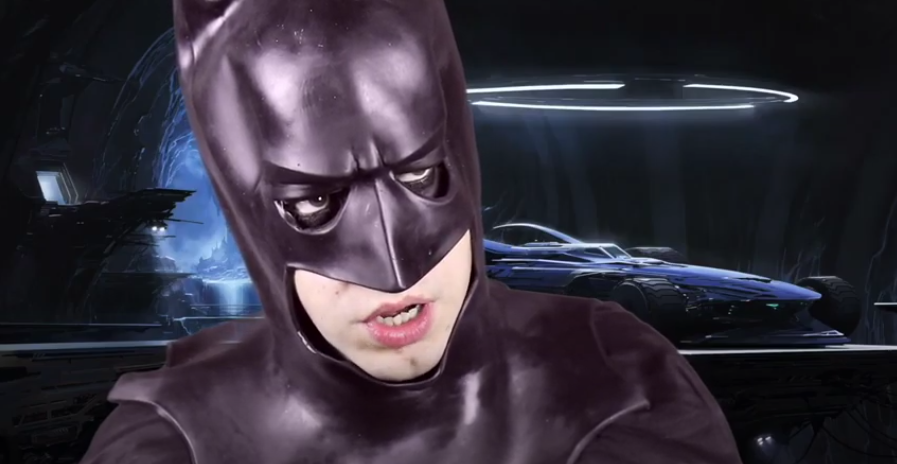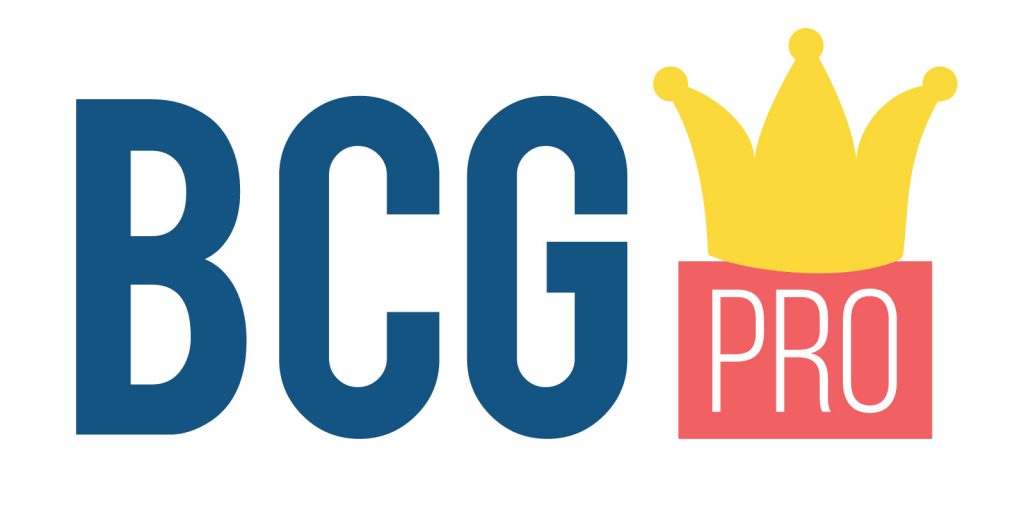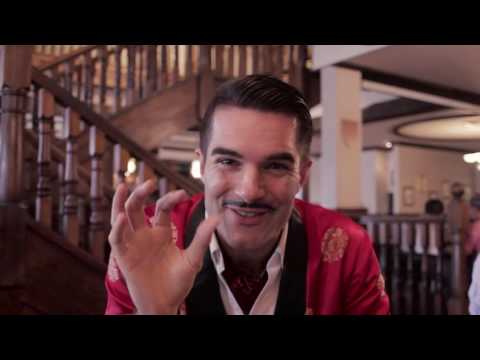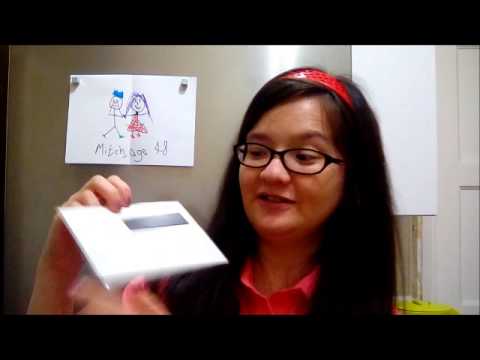How To Identify and Develop your Stand-up Persona
By Chris Head. My book, “A Director’s Guide to the Art of Stand-up”, begins by exploring ways of identifying and developing your persona as a stand-up comedian. This is your unique voice, outlook and identity that you present on stage. It stems from your actual self but is not identical with your off-stage self.
Finding this persona is key. It’s your on-stage character, a simplified, exaggerated version of yourself. Understanding this character helps you find the angle you’ll take on any given topic and the kind of jokes and material you’ll write for yourself. In effect you have a character you’re writing for. A character based on your actual self.
Finding this persona is the Holy Grail of stand-ups and typically takes hours of stage time to find, but I can offer some insights that can help in the process and might even speed up nailing your on-stage voice. In the first chapter of “A Director’s Guide to the Art of Stand-up” where I discuss persona, I explore status, archetypes, attitudes, likeability, shadow and self-awareness. I’ll introduce these in turn and then, below, is a link where you can read the entire first chapter for FREE (which covers some further angles) so you can start thinking about how to apply all this to your own act.
And in my brand new book “Creating Comedy Narratives for Stage & Screen” I further discuss stand-up persona in the opening chapter, considering positives and negatives and also persona games, both of which I also introduce below along with another link where you can also read this material for FREE. (Alongside stand-up, this new book also covers sketch and sitcom, and discusses improv too).
Let’s now go through these aspects of your stand-up persona in turn.
Status
What is your funniest status? In my model of stand-up’s status you can be:
‘high status’, ‘low status’ or ‘audience’s mate’.
In high status you look down on the problems of the world and your life (or simply on the audience) from a lofty position of insight and wit (eg Chris Rock). In low status you are put upon by the problems of the world and your life (or by the audience and the performance situation) and are struggling with them (eg Lee Evans and Brian Regan). In audience’s mate status you share the problems of the world and of life with the audience, and you laugh at them together. (eg Sarah Millican).
This approach can be finessed by considering a primary and secondary status. Stewart Lee is a high-status comic but, as he says, he is always undermining his status in order to not become objectionable! So he might be looked on as high-status (primary), low-status (secondary). And I identify Brian Regan as low-status above, and certainly when he acts out himself in various situations he plays the fool, but he is a great friend of his audience so perhaps he could more accurately be described as mate-status (primary) and low-status (secondary). And returning to Sarah Millican, there is certainly a strength and at times fierceness to what she does, so I’d see her as s mate-status (primary), high-status (secondary).
You may have some insight into your own status on stage, but even better ask people who know your act well how they see you, and have them reflect it back to you. When you have a clearer understanding of your status, you can more confidently embody it on stage.
Archetypes
In the book, I also discuss how the twelve Jungian archetypes can be keys to your persona. Again, rather than trying to figure out which archetypes you embody on stage, it can be more effective to ask someone else how they see you. They work especially well when used in combination. On p.8 of the first chapter you will find the complete list and an explanation of how they work in stand-up. But here for example are two: sensualist and sage. Bringing them together you get Russell Brand. Finding the two archetypes that you embody – or at a push, three! – can also help define who you are on stage.
Attitude
Next in the book (p.9 – p.11) I consider attitude. Your attitudes are key aspects of your stand-up persona. For example, here’s Al Murray’s Pub Landlord with a typically no-nonsense attitude: “We do not go in for philosophy in this country. We have our own system. It’s called wondering”. (You can find the persona of a stand-up character in the exact same way we are discussing incidentally).
In stand-up, an effective persona will have both positive and negative attitudes. The positive being why we like you and the negative being why we find you funny. Where an act is overwhelmingly negative there is something about their charm, cheek or sheer front that is appealing and enables at least some people to warm to them. At any rate the funny attitudes are the negative ones. There is precious little funny in positive, well-adjusted, reasonable, forgiving and sensible attitudes to things! Once you have the positive and the negative, the light and shade, on your ‘palette’ of attitudes’, it can be effective to jump between them as the Godfather of Alternative Comedy, Tony Allen, describes. (See below for more on positives and negatives).
Self-awareness & Likeability
In the opening persona chapter in my Director’s Guide to Stand-up book, I also consider self-awareness. There are two ends of the spectrum. How aware is the version of you on stage?:
- Self-aware. Insight into own failings. A high-status or audience mate stance.
- Totally unaware. Here you see yourself one way, and the audience see you completely differently. Eg, you see yourself as a hit with the opposite sex, the audience see you as a loser. The comedy comes from the gap between how you see yourself and how others see you. A low status stance.
Another aspect of self-awareness is this: is your on-stage character aware that they doing a comedy performance? Or is your character just talking about the world and their life without meaning to be funny? Or even knowing or realising why they are funny? This is a niche area, but can really pay off when you play the weirdness entirely straight (eg Emo Phillips).
I also consider the question of likeability in stand-ups. Stand-ups who have a likeable persona, are flawed with a clear shadow and yet aware of it (high self-awareness) and struggling to be better can be very likeable to an audience (for Brian Regan). These stand-ups care and want to be better but keep tripping themselves up.
If however a stand-up’s persona is comically unaware of their shadow (low self-awareness), then they are more tragically comic and less obviously likeable. Alternatively they can be aware of their shadow (their nastiness or rudeness or aggression) and simply not care. This can work (for instance Frankie Boyle), where the stand-up does behave appallingly BUT does and says the kinds of things we the audience would love to do if we were bold or reckless enough. They are aware of their shadow, don’t care and we love it.
But typically for the audience to laugh they have to like you – even acts that are deliberately nasty are still in fact liked by those who laugh with them. So try and identify what makes you likeable and do more of it. Self-deprecation is one potential route to likeability. Also, identifying your negatives and then balancing them with positives can help and also opens up the opportunity to switch from positive to negative (and vice-versa) which can amplify the laughs.
Positives and negatives
This very week I worked with an act who, despite having been going several years, feels he hasn’t fully developed his persona. On watching videos of his act it struck me that his issue is that he’s too nice! The audience like him and the material is good, but he hasn’t developed the negative side to create a comic friction with his positive qualities. Another way of looking at this is to think in terms of persona and shadow, where the shadow are the negatives that undermine the positives of the persona.
Sitting opposite him, I took the liberty of reading out a list of negative qualities I felt he could develop. (Having softened him up with some positive ones). I’ve compiled a table of 108 negative qualities and 108 positive that you can see for free via the link below to my “Creating Comedy Narratives for Stage & Screen” book.
In a class, I’ll get the group to pick three positives and three negatives for each comic. Then I’ll get them to stand up and share the attitudes that the group identified in them. This in itself generates much hilarity, especially when the qualities ring true for that person. For example:
“I am affectionate, cheerful and tolerant. But I am also arrogant cowering and resentful”.
Once you’ve identified this persona/shadow for your persona, how might you set about exploring it in action? One way is to pick a situation where you were expected to be positive but in fact you were pissed off about it (eg a work situation with clients or a family situation where you were meeting someone new). You then try and talk about it in a positive way to the audience but the negatives keep slipping out and revealing your true feelings.
In the writing of it, get yourself flipping from positive to negative, from persona to shadow, repeatedly. It’s these sudden changes that can make it really funny rather than having one negative attitude throughout.
Persona games
Finally, in my new book “Creating Comedy Narratives for Stage & Screen” I boil all of this down into my concept of persona games. Read all about this for FREE via the link below.
You can read the complete opening chapter about persona from the stand-up perspective in Chris Head’s book “A Director’s Guide to the Art of Stand-up” here:
https://bloomsburycp3.codemantra.com/viewer/5b6331436b2f0700011dd33b
And you can read the first 17 pages of Chris’s new book “Creating Comedy Narratives for Stage & Screen” here which includes the positives and negatives and Chris’ discussion of persona games.
https://bloomsburycp3.codemantra.com/viewer/607d587152faff0001578d16
Buy:
https://www.amazon.co.uk/Directors-Guide-Stand-up-Performance-Books/dp/1350035521
https://www.amazon.co.uk/Creating-Comedy-Narratives-Stage-Screen/dp/1350155756
For more info about Chris and the courses he runs:



